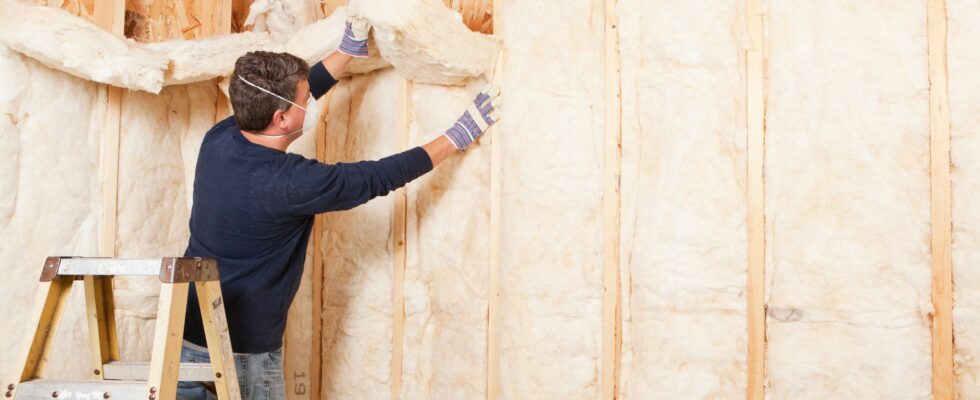Accelerating the energy renovation of buildings is a necessity but its cost puts off more than one owner. This observation is at the origin of Vasco, a young company launched at the end of 2023 to help the French finance their work. “There is a huge waste,” says Hervé Degreve, one of the three co-founders. “Many global renovation projects – the most effective – do not go through to the end because the owners do not have enough savings available and do not have the borrowing capacity to finance them. Two thirds of thermal sieve owners cannot be financed by banks.
Inspired by an American practice, the company provides the necessary capital in exchange for a share of ownership of the housing to be renovated. The financier pays attention to the location of the property and the market dynamics as well as the creation of value provided by the renovation project. No compensation is requested but Vasco takes a margin. “If we finance 40,000 euros of a house worth 400,000, we will ask to hold not 10% of the property but 13%, or an additional 30%,” explains Hervé Degreve. The money is deposited into an account dedicated to the work to ensure that it is indeed allocated to the work. A joint ownership agreement is concluded for ten years.
Different exit doors
Three options then open up: the repurchase of the shares by the owner at the market price, the renewal of the agreement for ten additional years with the application of a new coefficient of 30%, or the sale. “The customer then recovers 87% of the price of his property, with the objective that it is worth more than the 100% of the thermal sieve that he previously held,” underlines Hervé Degreve. To finance this model, Vasco created a real estate company, which will hold the shares in the properties and finance the renovations.
The capital of this property is open to investors, from 500 euros. It targets a return of 8 to 9% net of costs thanks to the appreciation of the real estate market, the coefficient of 30% on the properties held, the green value of the renovated property as well as the tax exemption allowed by the Esus approval (Solidarity Company of social utility). Individuals thus benefit from a tax reduction of 25% of the amount invested, up to a limit of 50,000 euros for a single person, 100,000 euros for a couple, and subject to keeping their shares for at least seven years. Factor in a significant fee of 9% upon entry, then 0.9% per year. Vasco hopes to attract 5 million euros this year and four times more from 2025.
